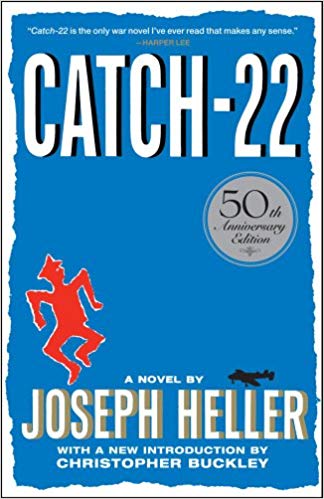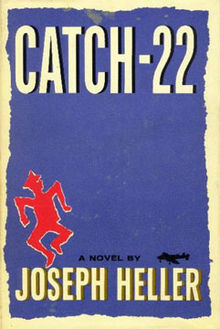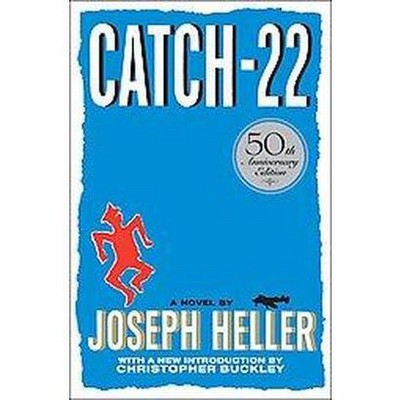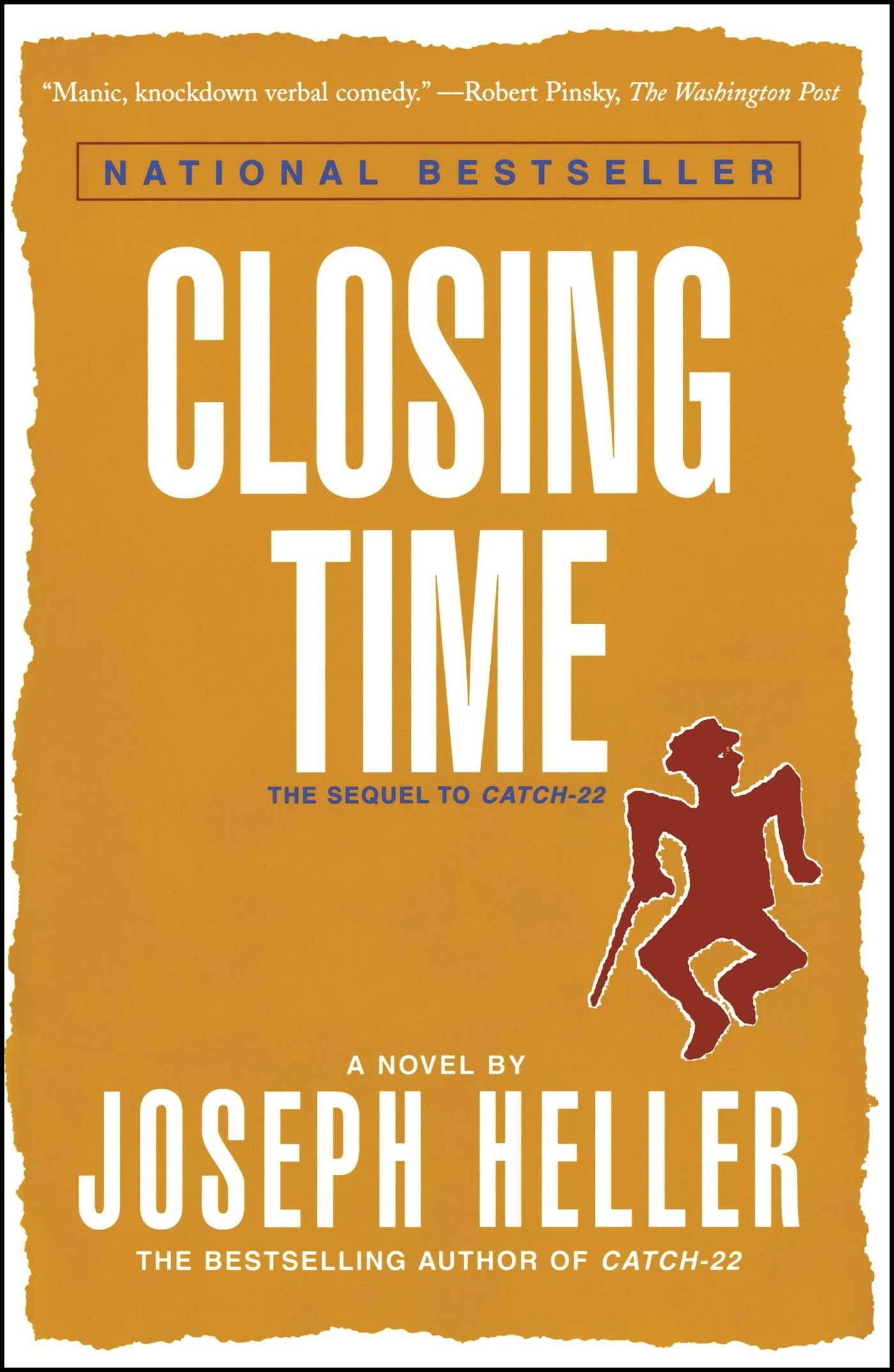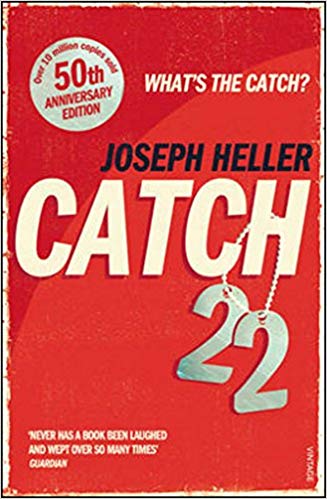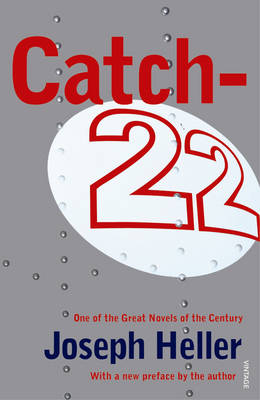
noun, plural Catch-22’s, Catch-22s.
- a frustrating situation in which one is trapped by contradictory regulations or conditions.
- any illogical or paradoxical problem or situation; dilemma.
- a condition, regulation, etc., preventing the resolution of a problem or situation; catch.
noun
- a situation in which a person is frustrated by a paradoxical rule or set of circumstances that preclude any attempt to escape from them
- a situation in which any move that a person can make will lead to trouble
from the title of Joseph Heller’s 1961 novel. In widespread use only after release of the movie based on the book in 1970. The “catch” is that a bomber pilot is insane if he flies combat missions without asking to be relieved from duty, and is thus eligible to be relieved from duty. But if he asks to be relieved from duty, that means he’s sane and has to keep flying.
There was only one catch and that was Catch-22, which specified that a concern for one’s safety in the face of dangers that were real and immediate was the process of a rational mind. Orr was crazy and could be grounded. All he had to do was ask; and as soon as he did, he would no longer be crazy and would have to fly more missions. Orr would be crazy to fly more missions and sane if he didn’t, but if he was sane he had to fly them. If he flew them he was crazy and didn’t have to; but if he didn’t want to he was sane and had to. Yossarian was moved very deeply by the absolute simplicity of this clause of Catch-22 and let out a respectful whistle.
“That’s some catch, that Catch-22,” he observed.
“It’s the best there is,” Doc Daneeka agreed.
See catch (n.).
(1961) A war novel by the American author Joseph Heller. “Catch-22” is a provision in army regulations; it stipulates that a soldier’s request to be relieved from active duty can be accepted only if he is mentally unfit to fight. Any soldier, however, who has the sense to ask to be spared the horrors of war is obviously mentally sound, and therefore must stay to fight.
A no-win dilemma or paradox, similar to damned if I do, damned if I don’t. For example, You can’t get a job without experience, but you can’t get experience unless you have a job—it’s Catch-22. The term gained currency as the title of a 1961 war novel by Joseph Heller, who referred to an Air Force rule whereby a pilot continuing to fly combat missions without asking for relief is regarded as insane, but is considered sane enough to continue flying if he does make such a request.
 Liberal Dictionary English Dictionary
Liberal Dictionary English Dictionary
